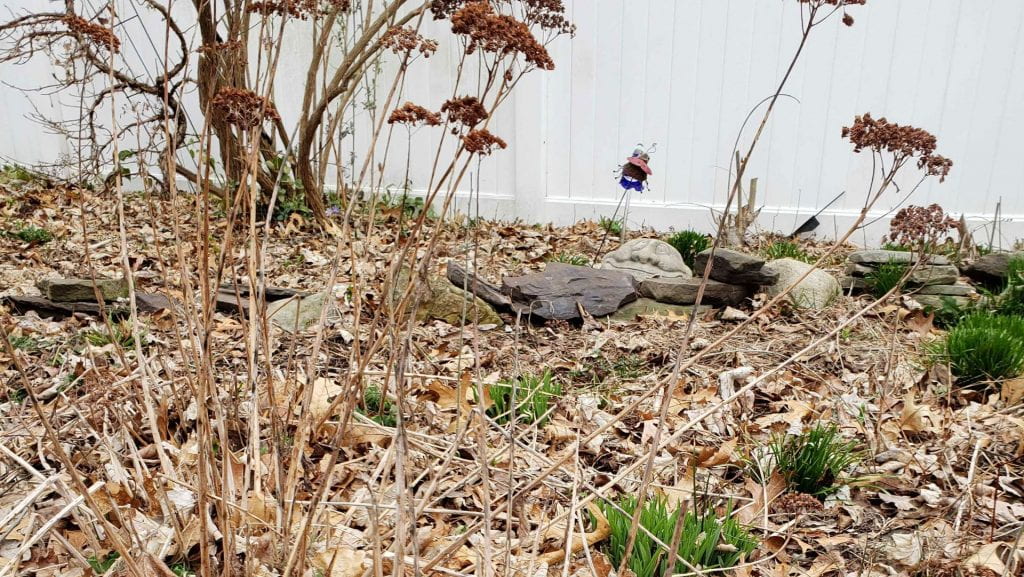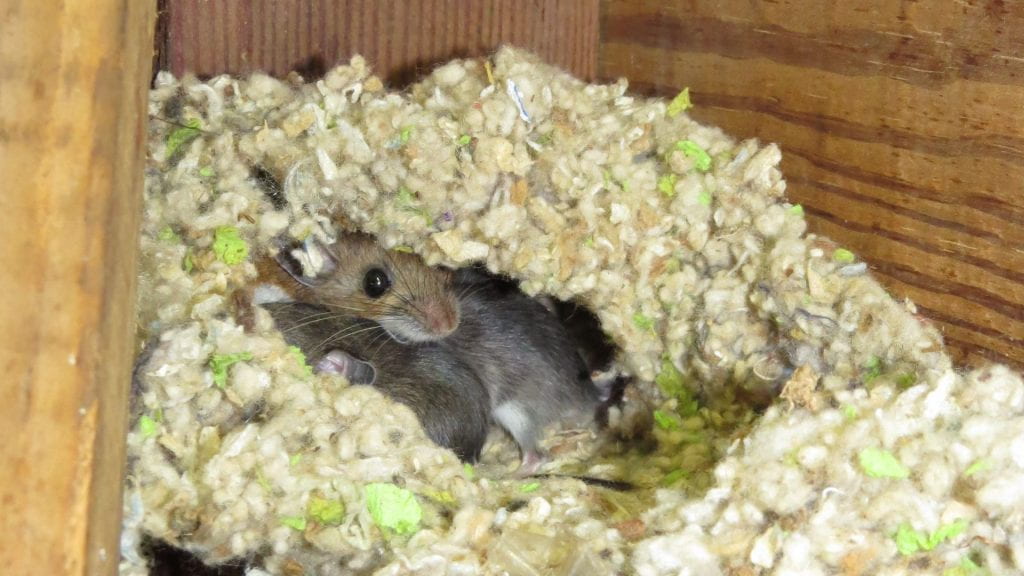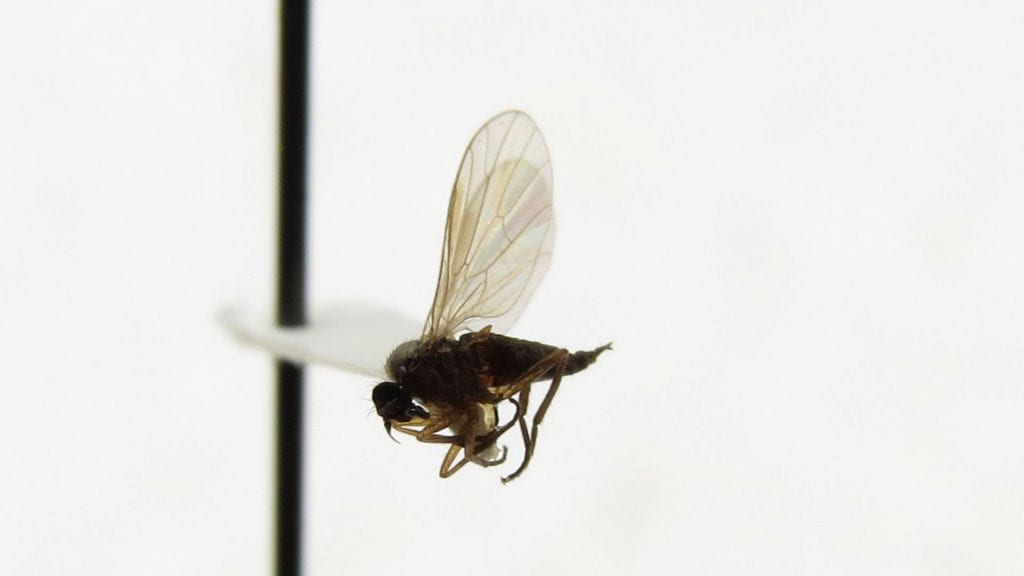“It’s spring fever. That is what the name of it is. And when you’ve got it, you want — oh, you don’t quite know what it is you do want, but it just fairly makes your heart ache, you want it so!” – Mark Twain After so many months of watching the whites, grays, and…Continue Reading What’s Bugging You? – Messy Gardens
What’s Bugging You? – Messy Gardens




